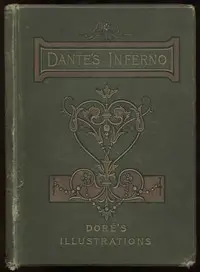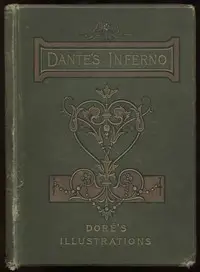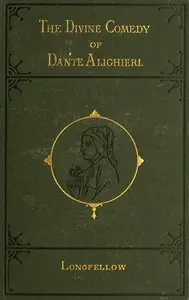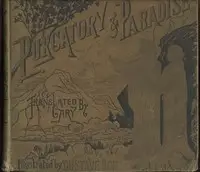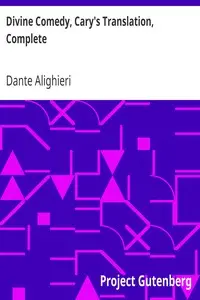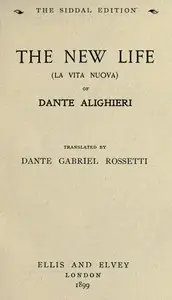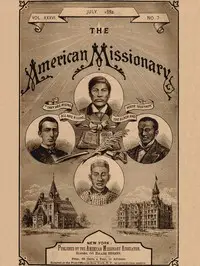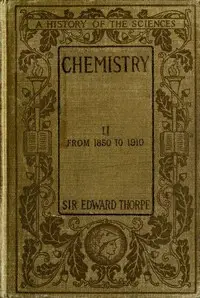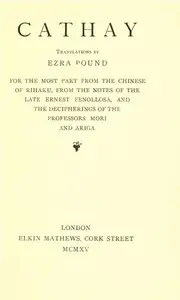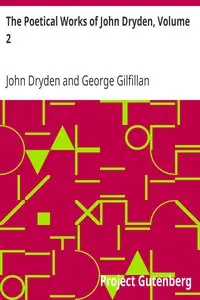"Paradise" by Dante Alighieri (translated by the Rev. H. F. Cary) is a poetic narrative and the third part of the epic poem "Divine Comedy," written during the early 14th century. The work explores themes of divine love and enlightenment as the protagonist, Dante, journeys through the celestial realms of Heaven. Accompanied by Beatrice, a symbol of divine wisdom, Dante seeks to comprehend the nature of God and the divine order of the universe. The opening of "Paradise" sets the stage for this celestial journey. Dante begins by invoking the Muse Apollo and expresses his desire to recount the divine experiences that surpass human understanding. He describes encountering bright souls within the heavens, revealing deep truths about divine justice, free will, and the harmonious order of creation. The dialogue between Dante and Beatrice reveals her guiding wisdom, as she instructs him on the nature of souls and the divine intention governing the universe. This introduction hints at the complexities of love, wisdom, and the transformative power of faith that will unfold throughout the narrative. (This is an automatically generated summary.)
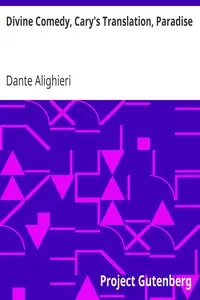
Divine Comedy, Cary's Translation, Paradise
By Dante Alighieri
"Paradise" by Dante Alighieri (translated by the Rev. H. F. Cary) is a poetic narrative and the third part of the epic poem "Divine Comedy," written d...
Genres
Released
2004-08-02
Formats
epub3 (images)
epub (images)
epub
mobi
mobi (images)
Free Download
Overview
About the Author
Dante Alighieri, widely known mononymously as Dante, was an Italian poet, writer, and philosopher. His Divine Comedy, originally called Comedìa and later christened Divina by Giovanni Boccaccio, is widely considered one of the most important poems of the Middle Ages and the greatest literary work in the Italian language.
Total Reviews
10.0k
Total reviews from Goodreads may change

